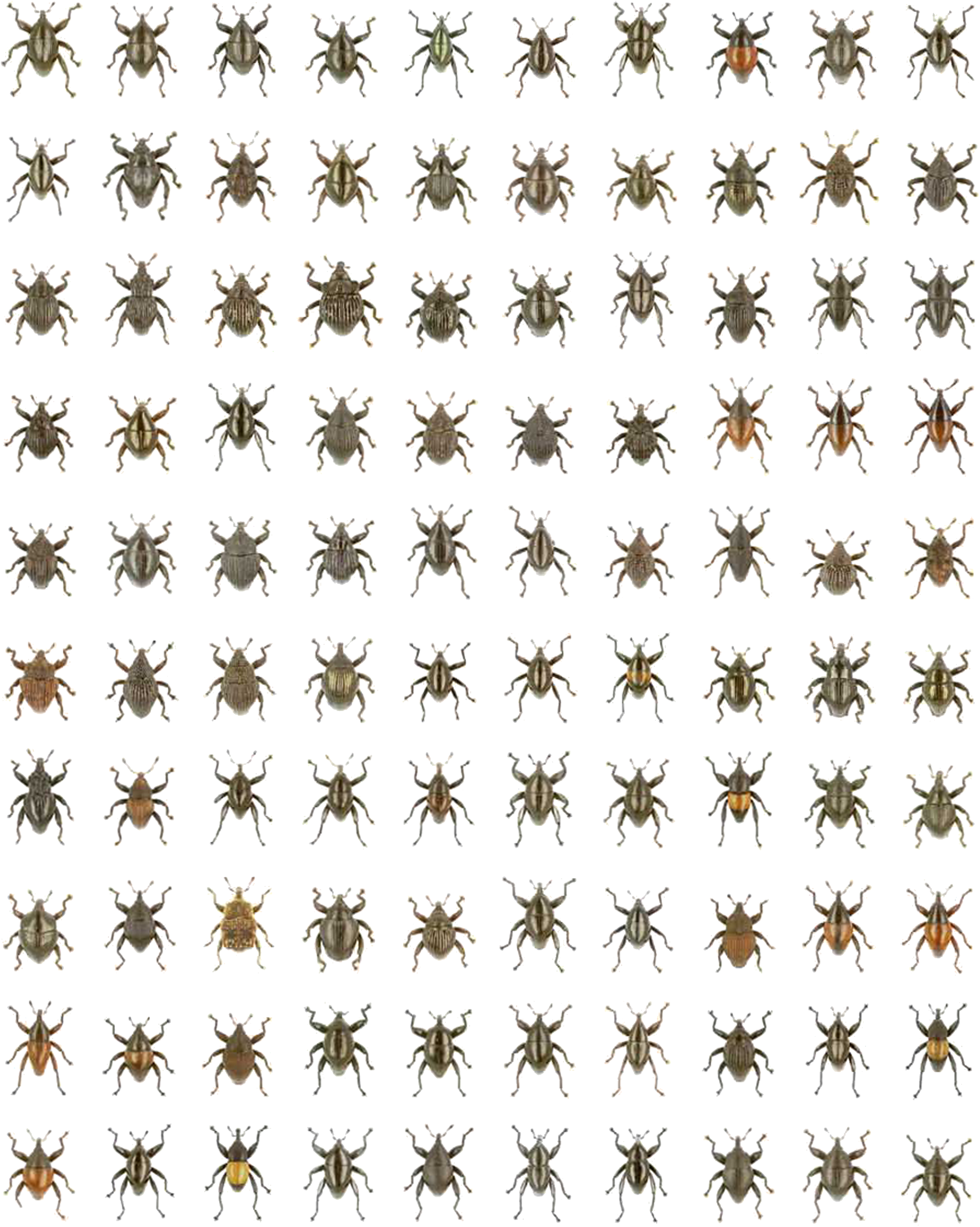|
Entomological Society Of Japan
The Entomological Society of Japan () was founded in 1917 for the purpose of improving and promoting entomology in Japan Japan is an island country in East Asia. Located in the Pacific Ocean off the northeast coast of the Asia, Asian mainland, it is bordered on the west by the Sea of Japan and extends from the Sea of Okhotsk in the north to the East China Sea .... In 1995 the society merged with the Japanese Society of Applied Zoology and Entomology. As of 2024, the society has 958 total members. References External links * Official website : The Entomological Society of Japan' * Official website : The Entomological Society of Japan'' Entomological societies 1917 establishments in Japan Scientific organizations established in 1917 Scientific organizations based in Japan {{Japan-org-stub ... [...More Info...] [...Related Items...] OR: [Wikipedia] [Google] [Baidu] |
Entomology
Entomology (from Ancient Greek ἔντομον (''éntomon''), meaning "insect", and -logy from λόγος (''lógos''), meaning "study") is the branch of zoology that focuses on insects. Those who study entomology are known as entomologists. In the past, the term ''insect'' was less specific, and historically the definition of entomology would also include the study of animals in other arthropod groups, such as arachnids, myriapods, and crustaceans. The field is also referred to as insectology in American English, while in British English insectology implies the study of the relationships between insects and humans. Over 1.3million insect species have been described by entomology. History Entomology is rooted in nearly all human cultures from prehistoric times, primarily in the context of agriculture (especially biological control and beekeeping). The natural Roman philosopher Pliny the Elder (23–79 CE) wrote a book on the kinds of insects, while the scientist Grammarians ... [...More Info...] [...Related Items...] OR: [Wikipedia] [Google] [Baidu] |
Japan
Japan is an island country in East Asia. Located in the Pacific Ocean off the northeast coast of the Asia, Asian mainland, it is bordered on the west by the Sea of Japan and extends from the Sea of Okhotsk in the north to the East China Sea in the south. The Japanese archipelago consists of four major islands—Hokkaido, Honshu, Shikoku, and Kyushu—and List of islands of Japan, thousands of smaller islands, covering . Japan has a population of over 123 million as of 2025, making it the List of countries and dependencies by population, eleventh-most populous country. The capital of Japan and List of cities in Japan, its largest city is Tokyo; the Greater Tokyo Area is the List of largest cities, largest metropolitan area in the world, with more than 37 million inhabitants as of 2024. Japan is divided into 47 Prefectures of Japan, administrative prefectures and List of regions of Japan, eight traditional regions. About three-quarters of Geography of Japan, the countr ... [...More Info...] [...Related Items...] OR: [Wikipedia] [Google] [Baidu] |
Entomological Societies
Entomology (from Ancient Greek ἔντομον (''éntomon''), meaning "insect", and -logy from λόγος (''lógos''), meaning "study") is the branch of zoology that focuses on insects. Those who study entomology are known as entomologists. In the past, the term ''insect'' was less specific, and historically the definition of entomology would also include the study of animals in other arthropod groups, such as arachnids, myriapods, and crustaceans. The field is also referred to as insectology in American English, while in British English insectology implies the study of the relationships between insects and humans. Over 1.3million insect species have been described by entomology. History Entomology is rooted in nearly all human cultures from prehistoric times, primarily in the context of agriculture (especially biological control and beekeeping). The natural Roman philosopher Pliny the Elder (23–79 CE) wrote a book on the kinds of insects, while the scientist of Kufa, ... [...More Info...] [...Related Items...] OR: [Wikipedia] [Google] [Baidu] |
1917 Establishments In Japan
Events Below, the events of World War I have the "WWI" prefix. January * January 9 – WWI – Battle of Rafa: The last substantial Ottoman Army garrison on the Sinai Peninsula is captured by the Egyptian Expeditionary Force's Desert Column. * January 10 – Imperial Trans-Antarctic Expedition: Seven survivors of the Ross Sea party are rescued after being stranded for several months. * January 11 – Unknown saboteurs set off the Kingsland Explosion at Kingsland (modern-day Lyndhurst, New Jersey), one of the events leading to United States involvement in WWI. * January 16 – The Danish West Indies is sold to the United States for $25 million (equivalent to $ million in ). * January 22 – WWI: United States President Woodrow Wilson calls for "peace without victory" in Germany. * January 25 – WWI: British armed merchantman is sunk by mines off Lough Swilly (Ireland), with the loss of 354 of the 475 aboard. * January 26 – The se ... [...More Info...] [...Related Items...] OR: [Wikipedia] [Google] [Baidu] |
Scientific Organizations Established In 1917
Science is a systematic discipline that builds and organises knowledge in the form of testable hypotheses and predictions about the universe. Modern science is typically divided into twoor threemajor branches: the natural sciences, which study the physical world, and the social sciences, which study individuals and societies. While referred to as the formal sciences, the study of logic, mathematics, and theoretical computer science are typically regarded as separate because they rely on deductive reasoning instead of the scientific method as their main methodology. Meanwhile, applied sciences are disciplines that use scientific knowledge for practical purposes, such as engineering and medicine. The history of science spans the majority of the historical record, with the earliest identifiable predecessors to modern science dating to the Bronze Age in Ancient Egypt, Egypt and Mesopotamia (). Their contributions to mathematics, astronomy, and medicine entered and shaped the Gree ... [...More Info...] [...Related Items...] OR: [Wikipedia] [Google] [Baidu] |



